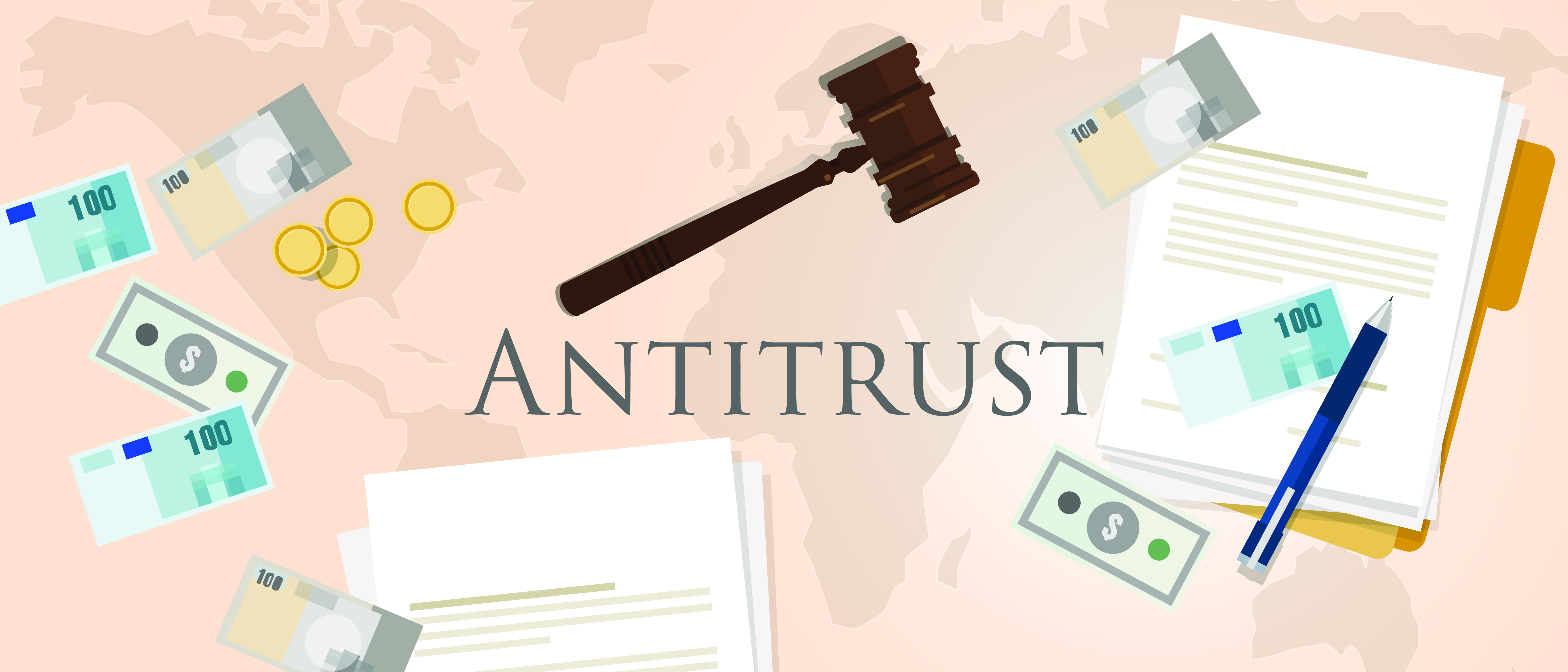
RECOMMENDED READING
As widely expected, the US Department of Justice (DOJ) and 11 states have filed an antitrust lawsuit against Google, accusing the company of using anticompetitive tactics to illegally monopolize the online search and search advertising markets.
After the recent House Subcommittee Report came out, this action was only a matter of time. The question is whether the DOJ is turning its guns on the right target?
On the face of it, the DOJ case appears strong: Google owns or controls search distribution channels accounting for about 80% of search queries in the U.S., according to the lawsuit and third-party researchers.
On the other hand, search engines such as Google lend themselves to becoming natural monopolies in order to function optimally. Yes, they have a level of market concentration that would inspire any trustbuster. But – as with electricity, water, and other utilities – competition is NOT the answer. What good does it do to have 15 equally sized search engines?
Ryan Grim makes the case for utility style regulation, at least insofar as it relates to Google’s search engine:
“Regulating a company as a utility does not mean that the government controls it, but rather that it is much more tightly regulated in what it is able to do and prices it is able to charge. And it doesn’t mean every element of the company would be regulated in that way. For Google — which now calls itself Alphabet and has already conveniently broken itself up into discrete elements — it may only be the search function that would be regulated like a utility.”
As Grim argues, spin off Google’s search engine, convert it into a regulated monopoly like the old ATT/Yellow pages.
As for the other divisions of Google, it might be correct to consider more traditional antitrust measures, so that the company doesn’t control both distribution and the underlying products being distributed over its platform. As Sarah Miller has noted in The Guardian, “Google has market power elsewhere, including the software underpinning online publishing and advertising. It is starving newspapers and publishers and killing rivals like Yelp and TripAdvisor.”
Exclusive business contracts and agreements that lock out rivals seem to be strong grounds for attack.
The DOJ is right to explore the nexus with Apple in particular. The lawsuit alleges that Google is sharing some of its advertising revenue — totaling billions of dollars — with companies, such as Apple, to secure the primacy of its search engine. In the specific case of Apple, the payments Google directs to Apple in order to secure pole position for Google’s search engine on Apple’s iPhones accounts for between 15% and 20% of Apple’s annual profits.
Curiously, though, the DOJ lawsuit does not try to make the case that Google has engaged in anti-competitive behavior in the broader online advertising and advertising technology markets, even though Google and Facebook together accounted for 59 percent of digital ad spending, according to the research firm eMarketer.
But taking the analysis further, we can also question whether ads themselves are an appropriate funding stream for a search engine utility, since every platform based on ads seems to encourage clickbait.
An alternative might be to ban ads and replace them with a minor tax on all internet service to provide access to the search engine. People who have internet could pay a couple more cents or dollars a month for a utility. In other words, Google’s search engine would not be funding itself via the old ad-funded broadcast networks model, but via service charges more akin to what we do with water, sewage, electricity utilities.
These kinds of cases can take years to work their way through the system and no doubt there will be others pertaining to other parts of Google’s operations. But if you’re going to take a shot at the Big Tech giants, it’s best not to waste your bullets on a poor target. By attacking Google’s search engine quasi-monopoly, the DOJ might have misfired.
Recommended Reading
How Should We Handle Monopolies?
A House of Representatives sub-committee report on large technology platforms has determined that Apple, Google, Facebook, and Amazon are abusive monopolies. Matt Stoller has summarized the report’s recommended course of Read more…
Time to Incorporate Competitiveness Into Anti-Trust
U.S. antirust doctrine and practice has long failed to consider issues of industrial competitiveness.
Social Media Requires Utility Style Regulation
I’ve raised the issue of social media regulation before. This is an issue that won’t be going away anytime soon in the wake of Google’s decision to ban two websites Read more…













